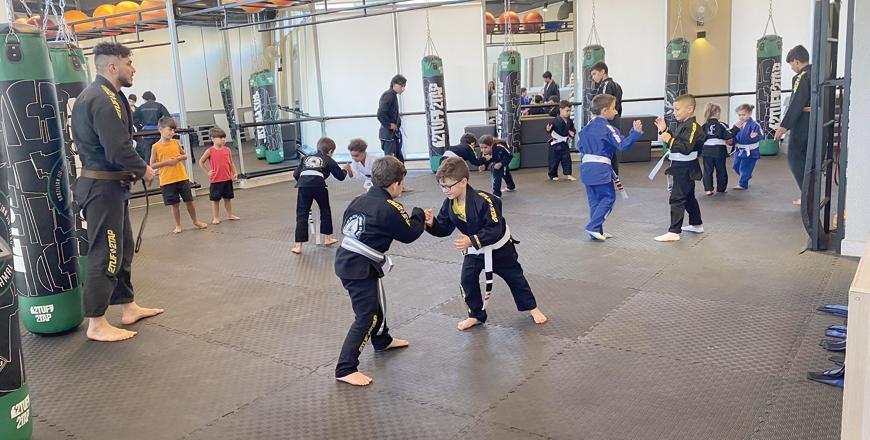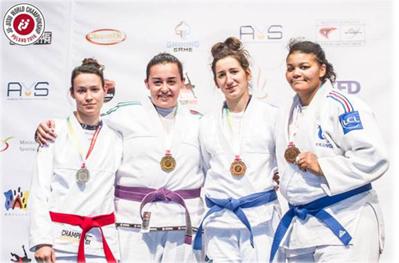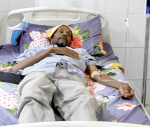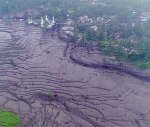You are here
Female sports clubs help girls gain confidence within society
By Andrea López-Tomàs - Dec 07,2017 - Last updated at Dec 07,2017
AMMAN — Empowering women through sport was the topic of a panel discussion organised on Tuesday by the Australian Embassy with the participation of Lama and Rana Qubbaj, two jiujitsu world champions, and Rasha Batarseh, the project manager of “Football for Girls”.
“Wherever you go in the world, there is still a gender-based discrimination towards female athletes,” Lama Qubbaj told The Jordan Times after the panel.
The 28-year old is part of the Jordanian national jiujitsu team, and a four-time world champion who ranked first in the world in the more than 70kg category.
She denounced the lack of governmental help when it comes to supporting female athletes. “It is a constant struggle; we [her and her sister Rana] try to get exposure and find sponsors in order to get the funds to compete,” Lama stated.
Rana Qubbaj agreed with her younger sister, saying “it is not possible to make a living from jiujitsu.”
The 31-year-old, who has been a five-time jiujitsu world champion, added: “I work at a bank and my sister Lama is a freelance architect.”
The two created Arab Girls in Gis (traditional clothing for jiujitsu) to help girls interested in trying the martial art. “We wished we had a community like this when we started seven years ago,” Rana said.
“The presence of a support programme is extremely important,” Rana explained, noting that “it can be very frustrating to start jiujitsu as a girl.”
Starting with only three girls three years ago, Arab Girls in Gis now counts more than 150 members.
“People were saying: girls can’t fight, but we showed them that we do fight and we are even better than boys because we are more technical, not as aggressive,” Rana explained.
The two sisters now wish to establish a centre where these girls can practise and everybody can be free to try out the martial art
At the moment, Arab Girls in Gis only provides members with support and guidance, not a physical space due to lack of funding.
“The problem is that we can not financially afford to quit our jobs and invest all our money in starting a gym for girls, even if that was what we wanted,” Rana added.
During the discussion, the speakers denounced the lack of media coverage of female sport events and the inherent disinterest of the public.
“Football for Girls”, a project funded by the Australian embassy, aims at empowering girls aged between 12 and 16 years old through football.
“It was not easy to persuade girls to join the project, but some of them were looking forward to play a sport like their brothers or their neighbours do,” said Rasha Batarseh, project manager of Football for Girls.
More than 250 girls are currently involved in the project’s 21 teams which targets schools, refugee camps and orphanages across Jordan, with a special focus on remote villages.
“We can see a different mentality between the villages and the cities,” Batarseh said, noting that “besides the lack of nearby clubs for girls to play in, parents are also less supportive because of the higher levels of conservatism in rural areas.”
She stressed the successes that Football for Girls has achieved so far. “It helps girls at a personal level: most of them were aggressive and problematic at school and now they are more disciplined, which also helps them to have more confidence in their studies,” the manager said.
Related Articles
AMMAN — Jordanian jiu-jitsu black belt Samy Jamal is leading a social project to empower underprivileged children in Jordan through sports.J
AMMAN — Lama Qubbaj is the toast of Jordan after winning the JJIF World Ju Jitsu title for the second year in a row, according to the Jordan
AMMAN — Jordan has finished with a credible 17 medals, making it the biggest haul they have achieved at an Asian Indoor and Martial Arts Gam















